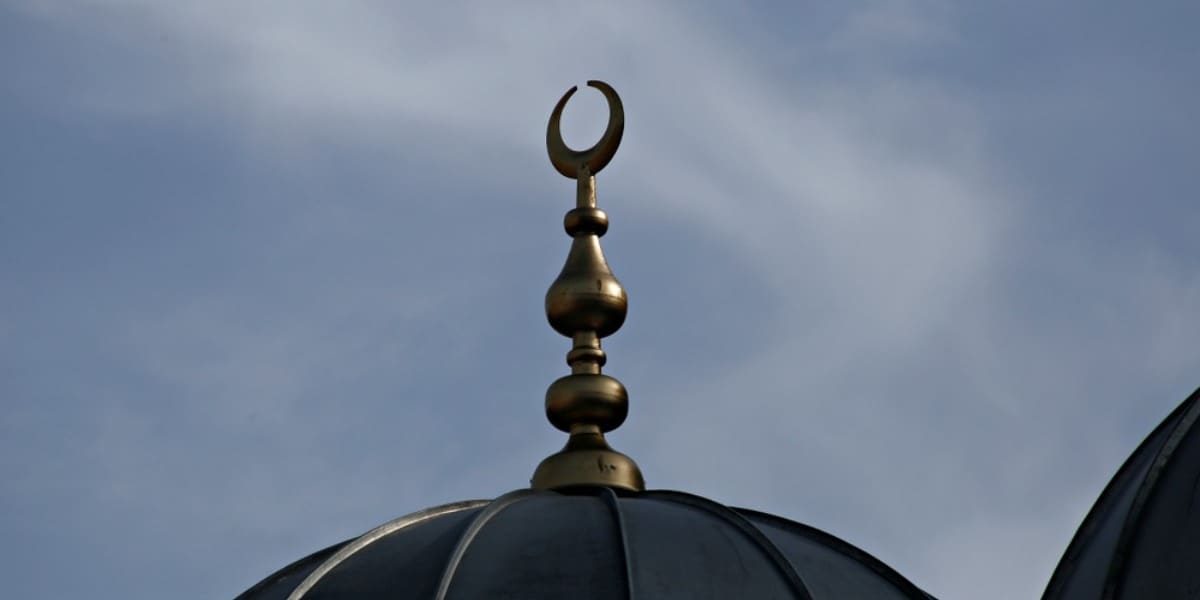NZF Worldwide developing zakat standards for members in non-Islamic countries
LONDON - National Zakat Foundation Worldwide (NZF Worldwide) is developing zakat standards for its member organisations in non-Muslim jurisdictions or in countries where Muslims are minorities.
The organisation, born out of the UK-based National Zakat Foundation, is planning standards broadly in the areas of zakat calculation, collection, distribution, governance and ethics as well as accounting and auditing.
Within those areas, there will be a number of standards. For example, in the calculation of zakat, there will be separate standards for zakat on cash, investments, crops, and other assets.
“NZF Worldwide is keen to enhance global zakat management and delivery aligned with the fiqh of zakat, industry experience and contextual realities - especially in jurisdictions where Muslims are in the minority,” Mufti Faraz Adam, managing associate at NZF Worldwide, told Salaam Gateway.
Three standards have already been developed and that will be launched in the coming weeks and months, he noted. They are Zakat Distribution Standard No.1: The Fuqara and Masakin, Zakat Governance and Ethics Standard No.1: Code of Ethics for Amileen, and Zakat Accounting and Auditing Standard No.1: Principles and objectives of Zakat Audit.
The standards will be published monthly and made available on the NZF Worldwide website. They will be open to everyone as a whole and will be updated according to changing market circumstances.
There is an increasing need to develop and standardise zakat particularly in non-banking areas, according to Mufti Faraz Adam.
“Whilst there is a lot of focus on Islamic finance, zakat and Islamic social finance require the same level of focus and attention to thrive,” he said.
NZF Worldwide executive director Azim Kidwai added that there needs to be an alignment of zakat practice considering the growing importance of Islamic social finance and the involvement of the U.N. SDGs.
FRAMEWORK FOR NON-ISLAMIC JURISDICTIONS
NZF Worldwide has five member organisations in five countries: Canada, UK, Australia, Netherlands, and Switzerland. It plans to launch four more zakat institutions in 2021 in the West Indies, Germany, Belgium, and New Zealand.
In the countries where NZF Worldwide operates, there are no government zakat standards and the sector in those jurisdictions are generally unregulated, according to Kidwai.
“In Muslim-majority jurisdictions, zakat rules and regulations are usually done by ministries of Islamic affairs or endowments or treasuries,” he said.
NZF Worldwide looks at zakat globally. Member NZFs collect zakat while NZF Worldwide itself does not, but provides support to its organisations.
“NZF Worldwide’s mandate for its member organisations is to improve governance and Shariah compliance. Our members are keen to align with these standards,” said Kidwai.
EXISTING ZAKAT STANDARDS EFFORTS
Islamic finance infrastructure body the Bahrain-based Accounting and Auditing Organization for Islamic Financial Institutions (AAOIFI) has published governance and Shariah standards on zakat. These are unique for use by Islamic financial institutions such as banks and takaful companies.
Among these are the Financial Accounting Standard (FAS) 9 “Zakah” which aims to streamline the application of different methods used by Islamic financial institutions in determining the zakat base. These include the items, their measurement and the level of disclosure of such bases from one Islamic institution to another.
AAOIFI notes that the accounting treatment of zakat can impact the net income of an institution.
In July 2016, AAOIFI began the revision of FAS 9 “Zakah”.
On July 8 this year, its Accounting Board issued an exposure draft on Financial Accounting Standard (FAS) on “Financial Reporting for Zakah”. Public hearings for industry feedback for the exposure draft are being held until October 30. It will aim to improve upon and supersede FAS 9 on “Zakah” and aim to address the accounting treatment of zakat including the presentation and disclosure by an Islamic financial institution.
AAOIFI is also working with the U.N. Refugee Agency, UNHCR, to create zakat governance standards for international humanitarian bodies and develop other areas of Islamic philanthropy for the organisation. The three-year initiative will also cover waqf, sadaqah, sukuk and purification funds, by creating opportunities for Islamic banks to engage with UNHCR.
Other industry infrastructure bodies, such as the Malaysia-based Islamic Financial Services Board (IFSB) has not published detailed standards on zakat.
(Reporting by Hassan Jivraj; Editing by Emmy Abdul Alim emmy.abdulalim@salaamgateway.com)
© SalaamGateway.com 2020 All Rights Reserved
